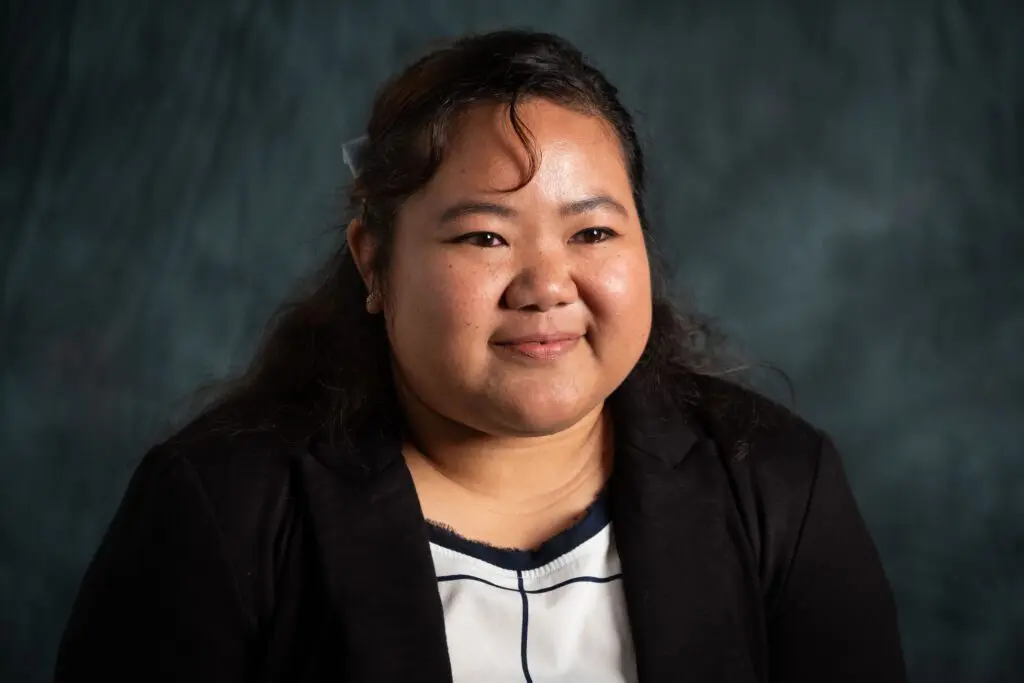“Love and compassion are necessities, not luxuries. Without them, humanity cannot survive.” There are no better words to describe the domain of the Health Care Assistant (HCA) than these wise ones from the Dalai Lama.
If you are the type of person who listens attentively when others share their thoughts, and feel deep compassion for those in need, a career as a HCA could be your true calling. It takes a special skillset to work in this industry, and make a difference in the lives of Canada’s most treasured (though often vulnerable) population: seniors.
Continue reading to learn about the essential role HCAs play in supporting families and their loved ones.
Enhancing Quality of Life
There is no specific or static list of duties for the Health Care Assistant. These professionals are expected to make their patients as comfortable as possible while doing everything they can to enhance their quality of life – and these tasks vary depending on the situation. Seniors in adult day cares or assisted living facilities depend on HCAs to help them with their most basic living functions – making their beds, overseeing good hygiene, ensuring they have clean clothes, preparing their meals, and of course engaging them in conversation.
Supporting Final Transitions
Health Care Assistants working with the elderly may also find their special calling providing hospice or palliative care – which means supporting patients who are nearing their final stage of life. It’s important to understand that it takes a person who is very strong emotionally to work in this environment, because you will be forming an emotional relationship with someone who will not be in your life for a very long time. Someone who has graduated from addictions worker training can also relate to the challenges of connecting with – and then perhaps losing – a patient. But for the right HCA, knowing you helped care for and support patients as they make that final transition, makes the experience profoundly special and rewarding.
Providing Peace of Mind
Whether they’ve completed community support workers training or nursing courses – something most healthcare professionals can agree on, is that caring for others requires a high level of compassion and empathy. Once you’ve completed your healthcare assistant certificate, you might seek employment at an adult care center, an assisted living care facility, or even a private home. In any of these environments, HCAs are expected to care for seniors who may be suffering from chronic illnesses. To do this, they must gain their patients’ trust, as well as the confidence of their children and other family members.
We want the very best for the people we love and no one wants to see a loved one suffer. However, sometimes we will be forced (because of responsibilities like work and children) to make the difficult decision of moving a parent to an assisted living facility. This is where dedicated HCAs step in and help ease the challenging transition. With compassion and care, Health Care Assistants assure concerned families that their loved ones will be treated with dignity and respect – providing much needed peace of mind.










